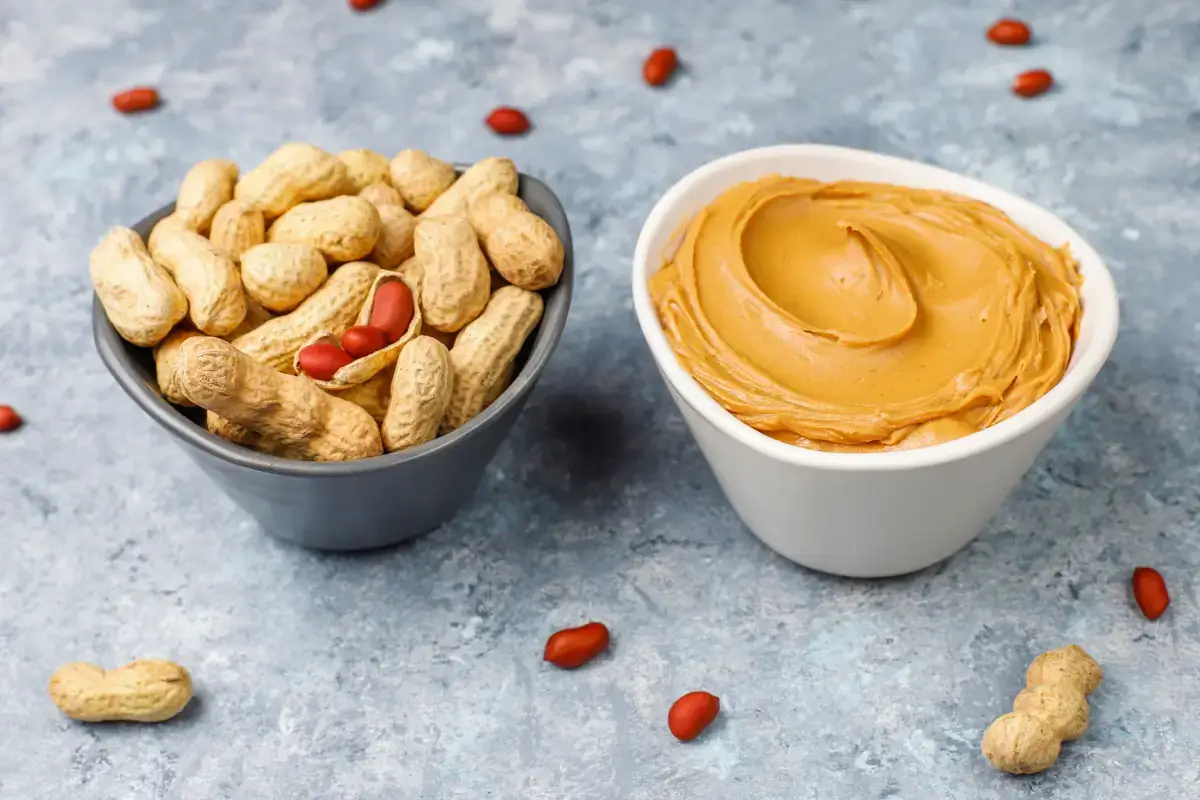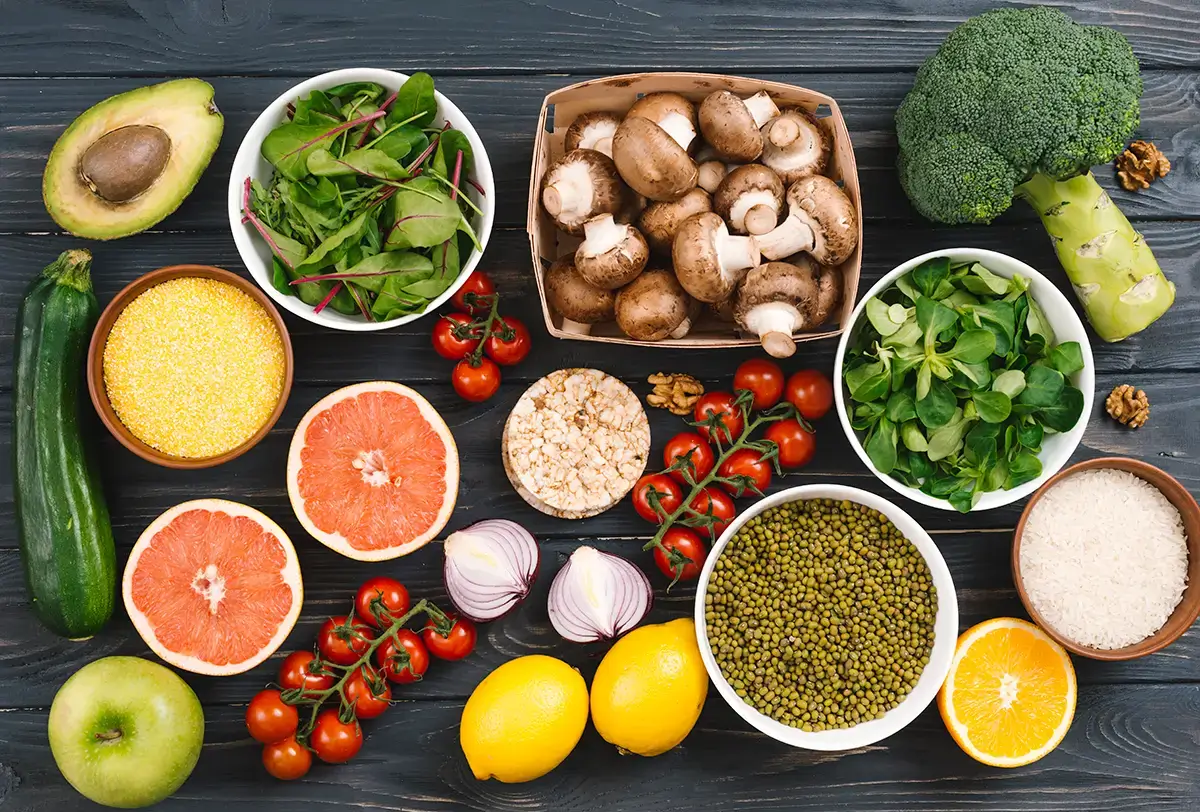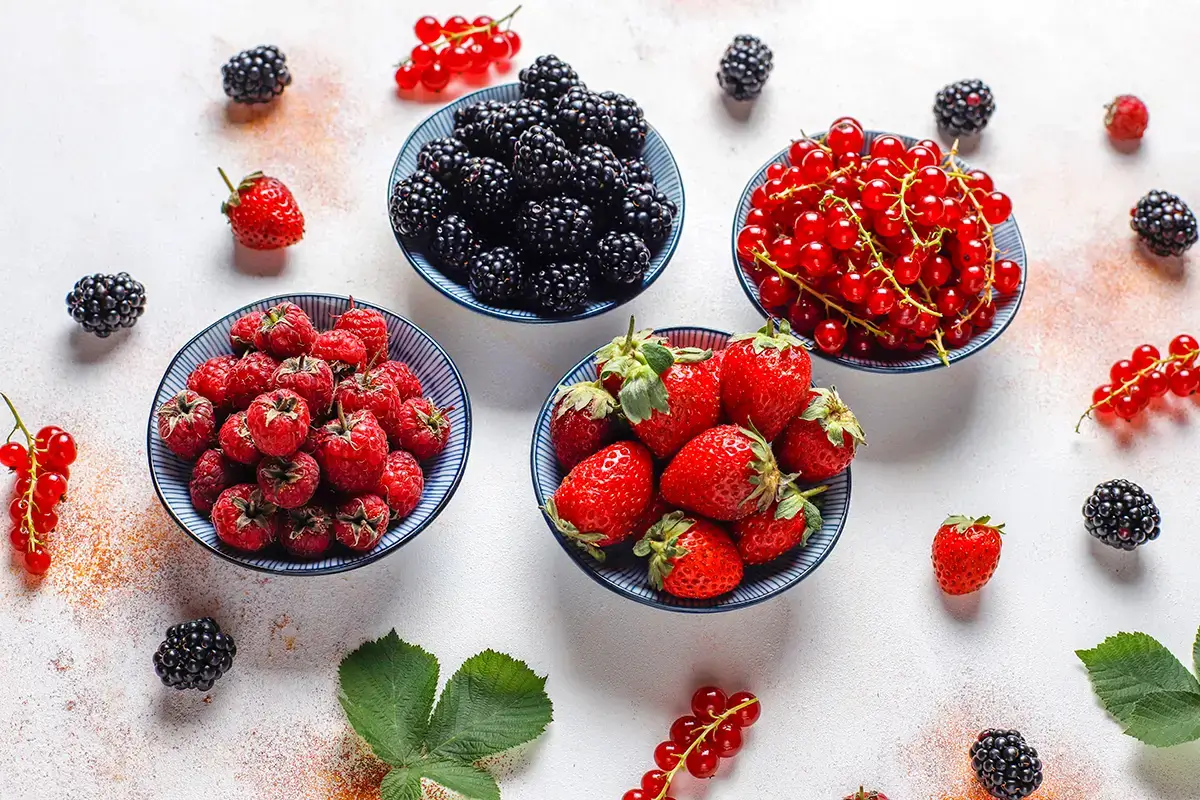Peanut Butter in Your Diet: Benefits, Recommendations, and Precautions
For those tired of eating the same things and looking to try something new, peanut butter can be an excellent option. Not only is it delicious, but it also offers numerous health benefits. Let’s explore some of the key benefits of this incredible food, as well as recommended quantities, precautions to take, and a comparison with other sources of healthy fats.
Main Benefits of Peanut Butter
1. Skin Maintenance
Peanut butter is an excellent source of healthy fats, which can help improve the elasticity and hydration of the skin, contributing to a healthier and more radiant complexion. Besides healthy fats, peanut butter contains vitamin B12 (cobalamin), essential for skin cell regeneration.
2. Hair Strengthening
Due to its richness in vitamin B12, peanut butter contributes to the strengthening of hair strands and promotes healthy and resilient hair growth. Vitamin B12 is crucial for the production of red blood cells that transport oxygen to hair follicles.
3. Antioxidant Properties
Peanut butter possesses several antioxidant properties, with resveratrol standing out. Resveratrol has been studied for its role in managing diseases such as cancer, heart disease, Alzheimer’s, viral and fungal infections, and neurodegenerative diseases. It is known for fighting free radicals, reducing oxidative damage in cells.
4. Benefits for Physical Activity
For those who exercise, peanut butter is ideal as it aids in muscle building and improves body endurance. In addition to providing plant-based proteins, it contains vitamin B-3 (niacin), which helps regulate the body’s metabolic activities, optimizing workout performance.
Recommended Quantities
The general recommendation for peanut butter consumption is about 2 tablespoons (approximately 32 grams) per day. This amount provides a significant dose of nutrients without overdoing the calories, especially in weight control diets. However, individual needs may vary, so always consult a nutritionist to tailor the quantity to your specific needs.
Possible Contraindications and Precautions
While peanut butter is extremely beneficial, it is also high in calories and fats. People with peanut allergies should avoid it entirely. Additionally, excessive consumption can lead to unwanted weight gain and may interfere with the absorption of other nutrients if not balanced properly.
Peanut butter can also contain additives such as sugar and hydrogenated oils, especially in commercial brands. Opt for natural versions that contain only peanuts and possibly a bit of salt.
Comparison with Other Sources of Healthy Fats
Although peanut butter is an excellent source of healthy fats, there are other equally beneficial options:
- Olive Oil: Excellent for cardiovascular health and anti-inflammatory properties.
- Avocado: Rich in monounsaturated fats, also supports skin and hair health.
- Nuts (walnuts, almonds): Provide proteins and fibers, as well as healthy fats.
- Coconut Oil: Contains medium-chain fatty acids that provide quick energy.
Each of these sources has its own unique nutritional profiles and can be incorporated into a balanced diet to gain a wide spectrum of benefits.
Conclusion
These were some examples of the benefits of peanut butter. Besides the ones mentioned, there are many others. To keep receiving tips on the benefits of healthy eating, sign up for our newsletter.














